COP28: What is it and what can we expect to see happen?
- Published
- comments
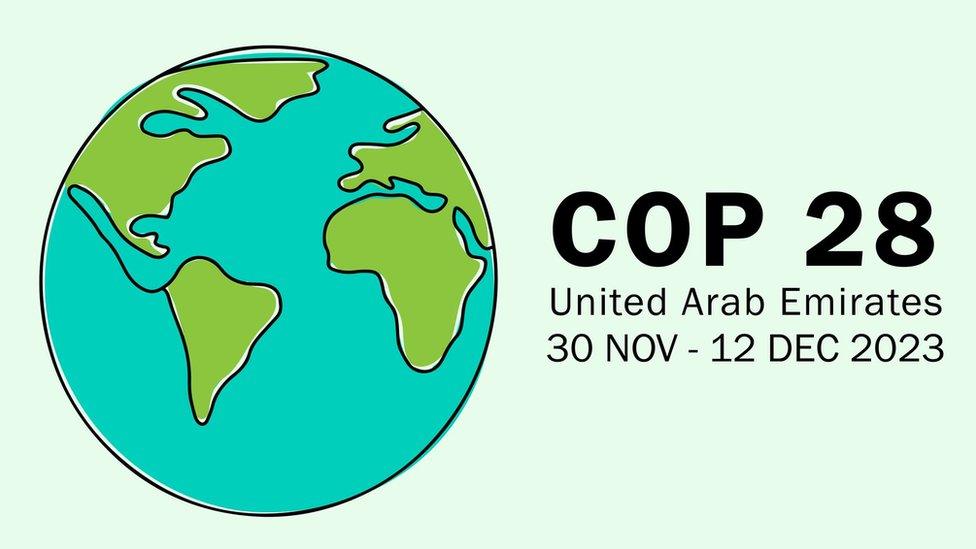
The United Nations climate change conference is taking place in Expo city, Dubai from 30 November - 12 December 2023.
It's more commonly known as COP28, which stands for the 28th session of the Conference of the Parties (COP).
The goal is for world leaders to gather and work together on solutions to tackle climate change, limit emissions and protect the environment.
What is COP and how does it work?
What is COP28 all about?
COP is attended by countries that signed the United Nations Framework Convention on Climate Change (UNFCCC).
That was an agreement made in 1992 when countries committed to avoid any behaviours that could lead to "dangerous climate change".
The first Conference of the Parties (COP) was held in Berlin, Germany, in 1995 and more recently COP26 was held in Glasgow.
The conference takes place every year, unless the countries involved decide otherwise.
How many countries will attend COP 28?
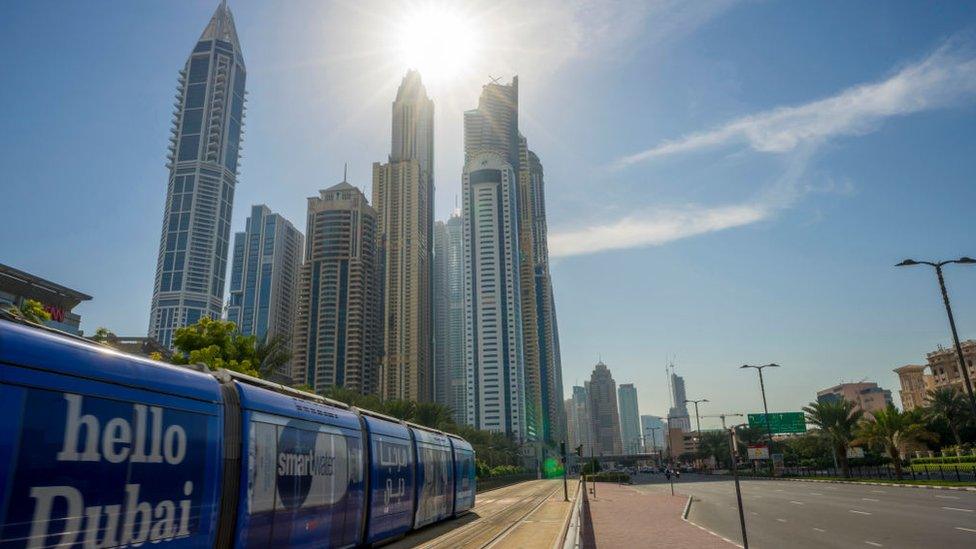
Dubai is hosting this year's conference
There are now 198 Parties -197 countries plus the European Union which is counted separately - who attend and take part.
COP28 is being hosted by the UAE in Dubai and is due to be attended by 167 world leaders, including the Pope and King Charles III.
What is climate change?
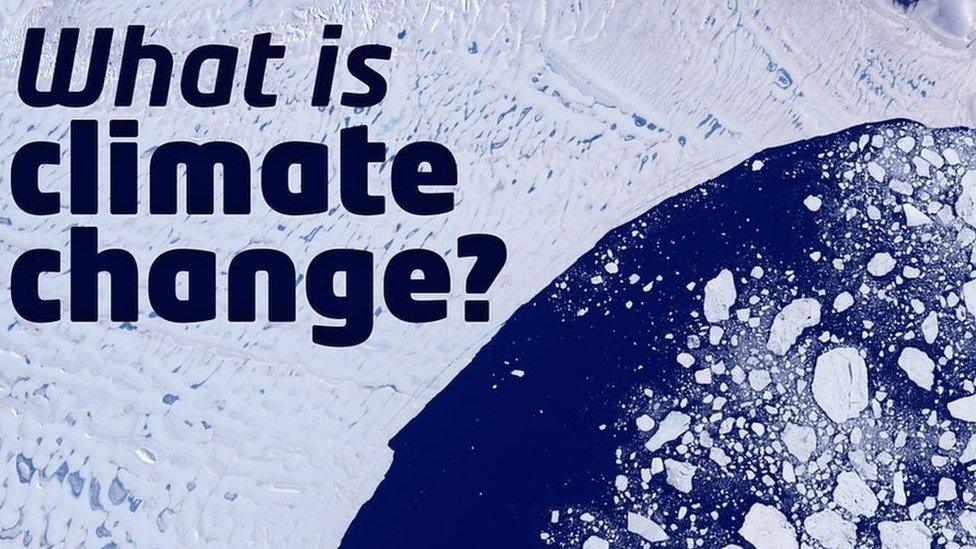
When we talk about climate change, we are talking about long-term global changes in the Earth's average temperature.
The Earth's average temperature has changed throughout history but natural causes can't explain the particularly rapid warming of the past century, which scientists say has been caused by humans mainly by the use of oil, gas and coal for homes, factories and transport.
When these fossil fuels burn, they release greenhouse gases including carbon dioxide. These gases trap the Sun's heat and cause the planet's temperature to rise.
Rises in global temperature can have a big effect on the environment including:
more frequent and intense extreme weather, such as heatwaves, drought, heavy rainfall and flooding
rapid melting of glaciers and ice sheets, contributing to sea-level rise
declines in Arctic sea-ice
ocean warming
Why is COP28 important?
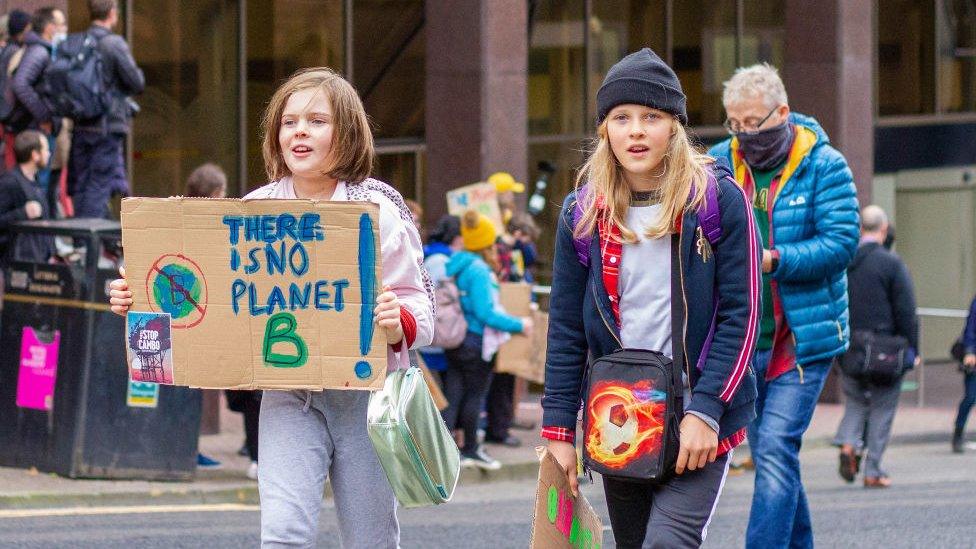
Young people take part in a climate march at Cop 26 in Glasgow in 2021
The United Nations Climate Change Conferences are the world's highest decision-making body on climate issues and one of the largest international meetings in the world.
With so many world leaders gathered in one place, they offer potential for global agreements and action that countries wouldn't be able to do alone.
At COP21 in Paris a goal of limiting long-term global temperature rises to 1.5C was agreed to - by nearly 200 countries.
The UN's climate body, the Intergovernmental Panel on Climate Change (IPCC), says a 1.5C target is crucial to avoid the most damaging impacts of climate change.
It is hoped that COP28 will help keep this goal alive.
What can we expect from COP28?
As well as working towards the 1.5C goal, COP28 will discuss how to:
get countries to move to clean energy sources more quickly
provide more money from richer countries to poorer countries to help them take climate action, and to work on a new deal for developing nations
focus on the impacts on nature and people
There will also be themed days on issues including health, finance, food and nature.
Who will attend COP28?
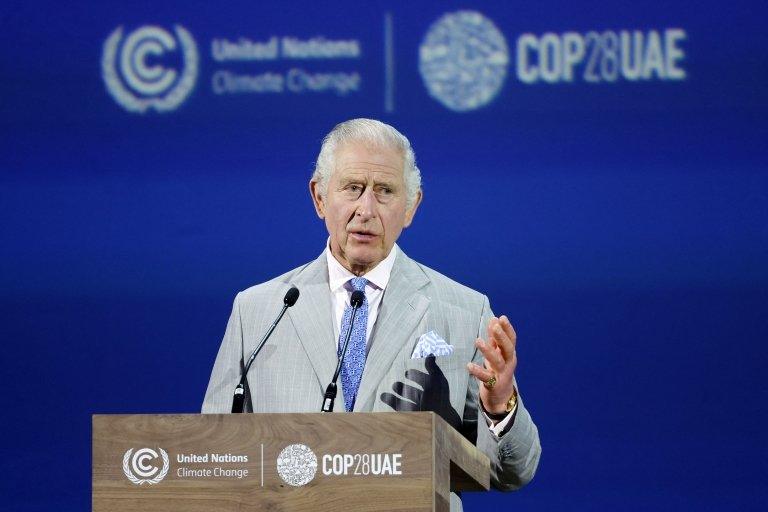
King Charles III delivered an opening address to delegates on 1 December.
US President Joe Biden and China's President Xi Jinping are not expected to attend, but both countries will be represented.
From the UK Prime Minister Rishi Sunak will take part, and King Charles delivered an opening address to delegates on 1 December.
Environmental charities, community groups, as well as other organisations, businesses and faith groups will also take part in discussions to present ideas and try to influence thinking.
What was decided at previous COP conferences?
COP27: Historic deal is struck but some aren't happy
At COP27, a "loss and damage" fund was agreed for richer countries to pay poorer countries facing the effects of climate change.
This was because poorer nations are impacted the most from climate change, but historically caused little to none of the greenhouse gas emissions that warm Earth's atmosphere.
But a clear plan wasn't made as to how this would actually work - and a year on there hasn't been much progress to put it into practice.
The delivery of other promises made in the past are also behind schedule.
In 2009, developed countries said they would give $100bn (£82bn) a year by 2020 to developing countries to help them reduce emissions and prepare for climate change.
The target was missed but is expected to be reached in 2023.
COP26: What was agreed?
At COP26 in Glasgow a new global agreement - the Glasgow Climate Pact - was reached, with signatories promising to reduce their use of coal - which is responsible for 40% of annual CO2 emissions.
However, countries only agreed a weaker commitment to "phase down" rather than "phase out" coal use, after a late intervention by China and India.
- Published20 January 2020
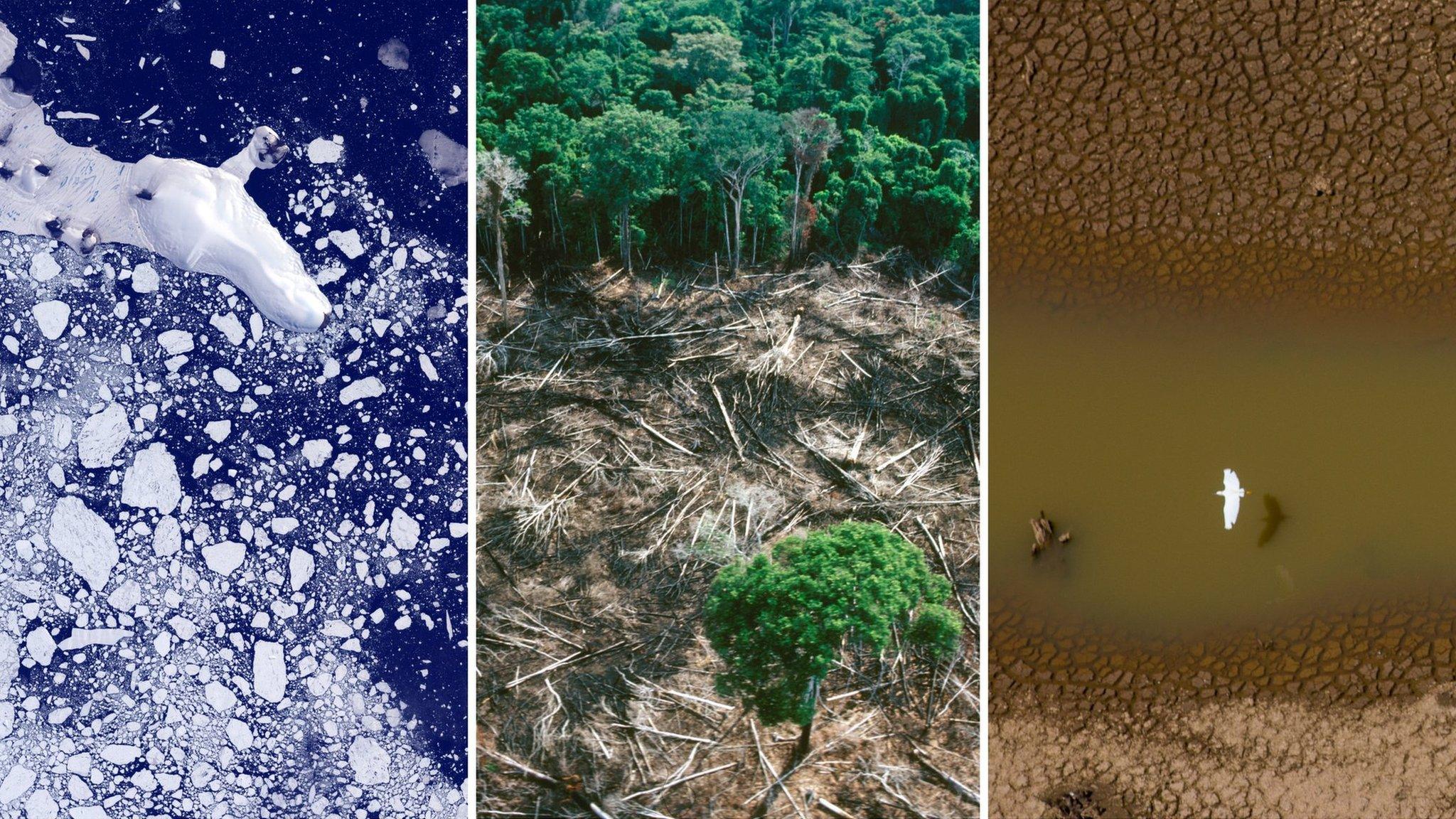
- Published7 November 2022
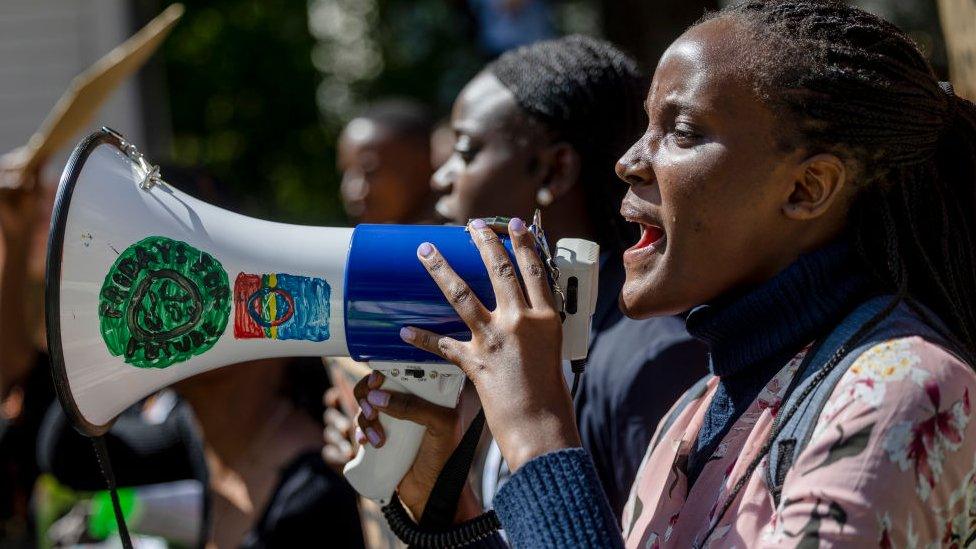
- Published9 November 2021

